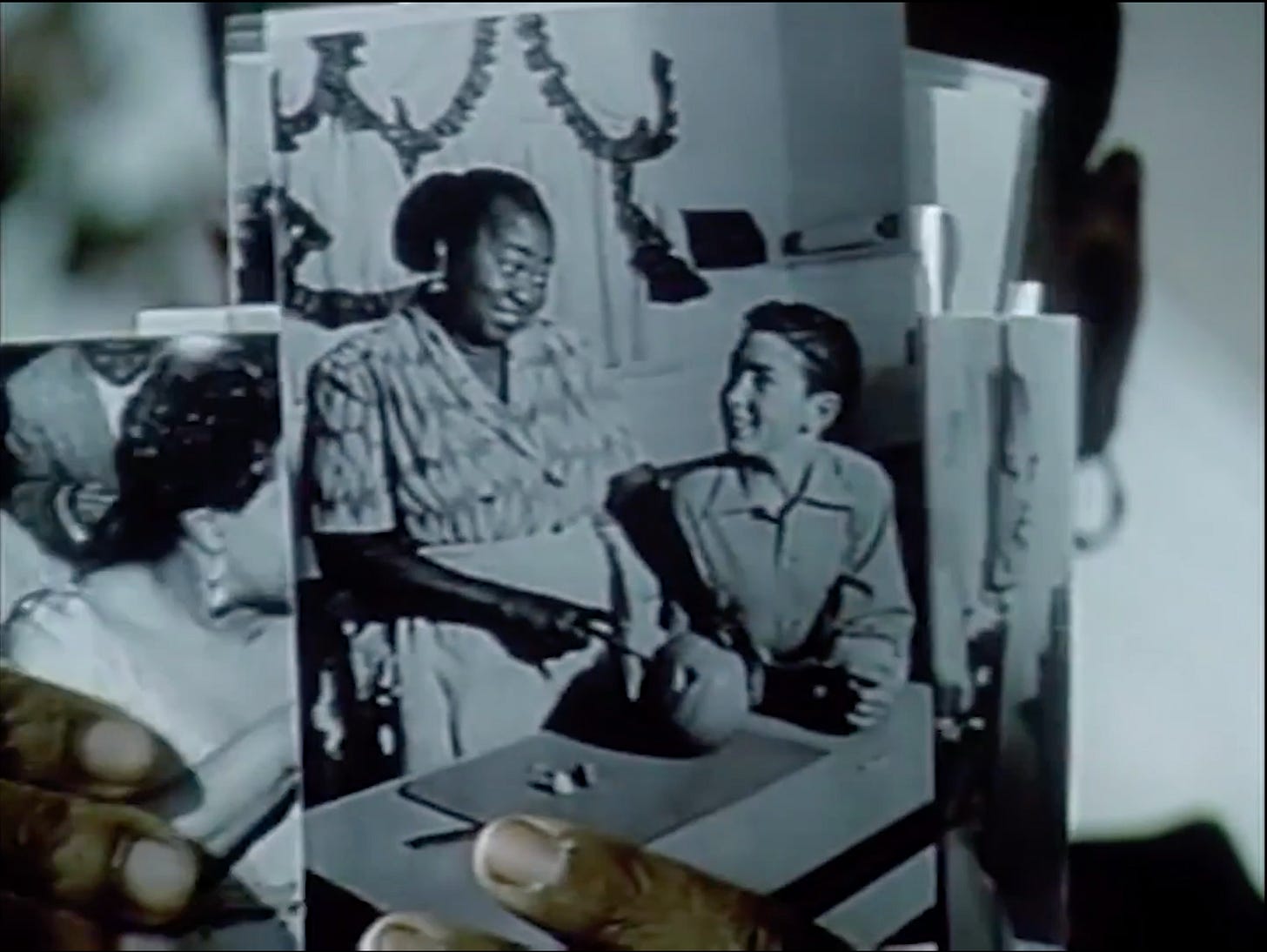
I recently saw a tweet that said “You know what I miss about the 90s? Dark edgy indie films with studio budgets.” You know what, same. But also not. As we (hopefully) head into an era where we rely less on Hollywood to make movies for us and start making them ourselves with technology that’s readily available to literally everyone, we should be looking back at the actual micro-budget, DIY indie films of the 90s for actionable inspiration. Cheryl Dunye’s The Watermelon Woman is a perfect example of what I’m talking about, and it’s uniquely relevant to today as the fight for ample representation of the Black experience moves forward.

Shot on a $300,000 budget, The Watermelon Woman follows a semi-fictional version of writer/director Cheryl Dunye — a young Black lesbian filmmaker who works at a video store in Philadelphia. Cheryl investigates the life of a forgotten Black actress from the 1930s for a video documentary, and the film splits its time between footage from the documentary and Cheryl’s own life and interpersonal struggles. The two interweaving parts effectively show us how a documentary and its subject can bleed into the life of the filmmaker, and how uncovering the lived experience of the forgotten people who came before us can reshape history.

Dunye developed the idea for The Watermelon Woman after doing research for a Black film history class and discovering that many of the Black actresses who were typecast in mammy roles in 30s were often uncredited in their films. Some of those experiences are recreated for The Watermelon Woman, and they exemplify the type of white supremacy that still exists in American scholarship and academia.

Dunye’s grungy, stylish slice-of-life directorial style is recognizably “90s”, perhaps even Linklater-esque, but it’s funneled through a razor-sharp perspective, sense of humor, and narrative structure that all feel original as fuck. Watching it gave me that rare feeling of, “I didn’t know you could make a movie like this.” And I think what that means is, if we really want to make movies for ourselves and for our times, it’s independent films like The Watermelon Woman and filmmakers like Cheryl Dunye that’ll help us get there.




